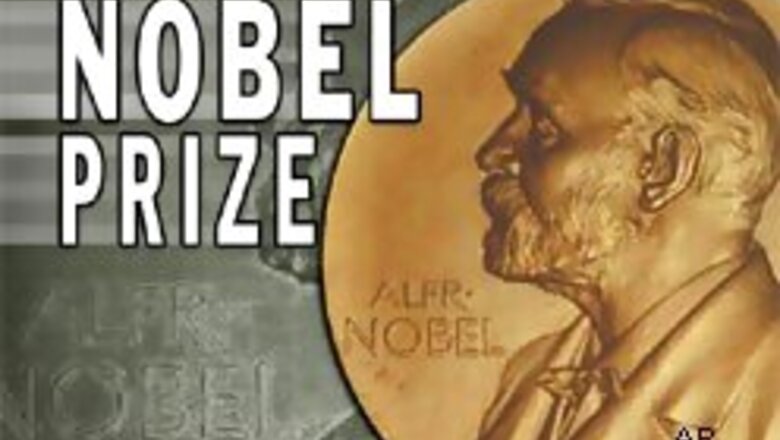
views
Stockholm (Sweden): American Edmund S Phelps won the 2006 Nobel Memorial Prize in Economic Sciences on Monday for his analysis of short-run and long-run trade offs in macroeconomic policy.
The Royal Swedish Academy of Sciences said his work had "deepened our understanding of the relation between short-run and long-run effects of economic policy".
The 73-year-old Columbia University professor showed how low inflation today leads to expectations of low inflation in the future, thereby influencing future policy decision making by corporate and government leaders.
Phelps also pioneered the analysis of the importance of human capital, or workers themselves, for the diffusion of new technology and growth in the business and corporate world, the academy said in its citation.
Phelps is the sixth American to win a Nobel Prize this year, meaning every prize save for the literature and peace prizes, which have not yet been announced, have gone to Americans.
Previous winners of the prize, given out since 1969, ranged from how the control of information affects markets to welfare economics used to explain the economic mechanisms that underlie famine and poverty.
Last year's winners were Robert J Aumann, a citizen of Israel and the United States, and American Thomas C Schelling, for their work in game-theory analysis.
The economics prize, worth 10 million kronor ($ 1.4 million), is the only one of the awards not established in the will left by Swedish industrialist Alfred Nobel 111 years ago.




















Comments
0 comment